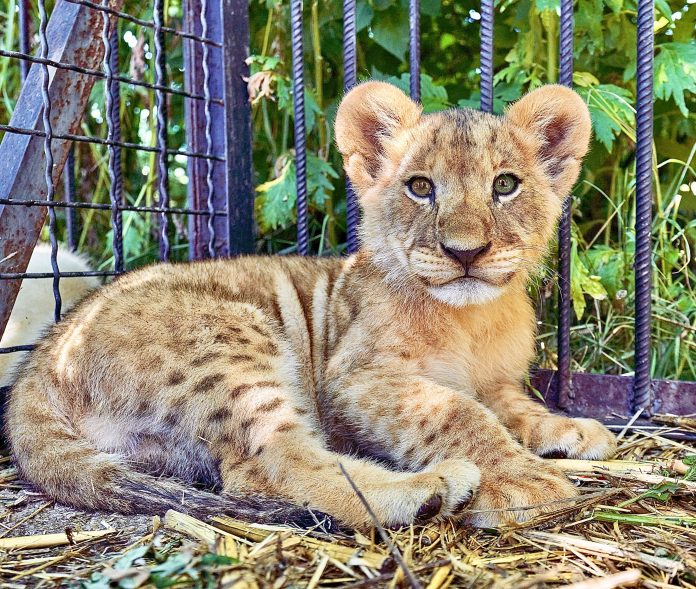
Ten Organizations Join Forces To Combat Illegal Wildlife Trafficking In Global Supply Chains
You can help all animals and our planet by choosing compassion on your plate and in your glass. #GoVeg
RELATED ARTICLES
Horrific Government Experiments That Killed & Crippled Kittens Shut Down Following Major Investigation
Dozens of defenseless kittens will no longer be forced to walk on treadmills after being horrifically mutilated by taxpayer-funded experimenters at the Louisville Veterans...
Cutting Edge GPS Technology Will Help Track & Protect Elephants In Zimbabwe
Photo: Tsvangirayi Mukwazhi / IFAW
Conservationists in Zimbabwe are fitting GPS-enabled tracking collars to eight African savannah elephants to discover how constructing a nearby dam...
New Report Reveals Vital Insights Into Protecting Reef Manta Rays In Raja Ampat, Indonesia
New research has detailed the movement patterns and spatial networks of reef manta rays within the Raja Ampat archipelago in Southwest Papua, Indonesia, providing...
Popular stories
News
World Animal News TOP Stories Making Headlines
1. New Documentary, Why On Earth, Uncovers The Vital Connection Between Humans & Animals In Order To Create Positive Change For The Betterment Of...
News
New Lawsuit Challenges Biden Administration’s Resumption Of Oil & Gas Leasing On Public Lands That Began On June 29th
Climate and conservation groups filed a lawsuit recently challenging the Biden administration’s resumption of oil and gas leasing on public lands that began on June...
Policy
Breaking! Whale Entanglement Prevention Act Aims To End The Suffering & Death Of Endangered Marine Life Off The Coast Of California
This week, Assemblymember Rob Bonta, along with co-sponsors Social Compassion in Legislation and The Center for Biological Diversity introduced AB 534, The Whale Entanglement Prevention...


